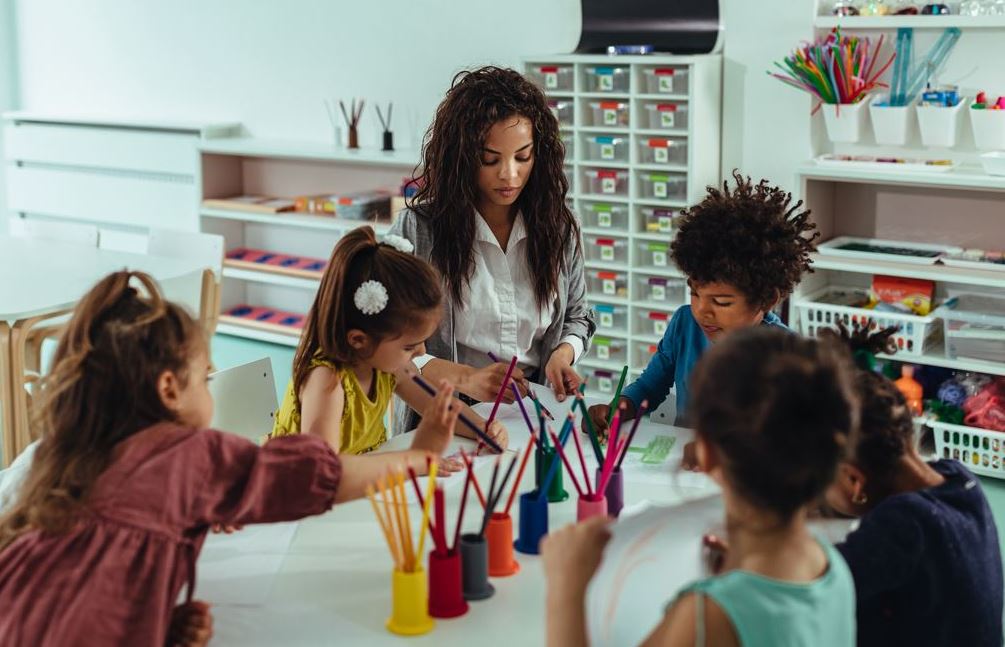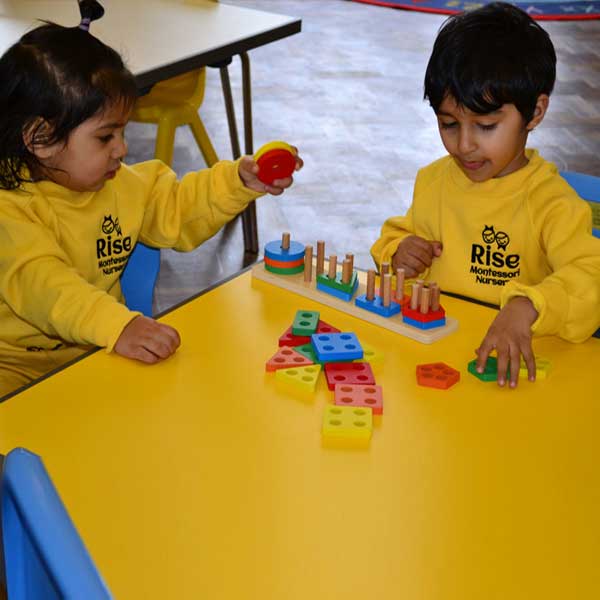In a rapidly changing world, the principles of Montessori education offer a transformative approach to nurturing children who are not only academically proficient but also compassionate, resilient, and socially conscious individuals. This blog explores how Montessori education lays the foundation for creating a better world for future generations.
Fostering Independence and Self-Directed Learning:
Montessori education prioritizes independence and self-directed learning, empowering children to take ownership of their education and pursue their interests at their own pace. By instilling a sense of agency and autonomy from a young age, Montessori equips children with the skills and mindset needed to navigate an ever-evolving world with confidence and resilience.
Cultivating a Love for Learning and Discovery:
Central to Montessori philosophy is the belief that children are natural learners who thrive in environments that foster curiosity, exploration, and discovery. By providing hands-on, experiential learning experiences, Montessori education ignites a passion for learning that extends beyond the classroom and into all aspects of life. This love for learning empowers children to become lifelong learners who approach challenges with curiosity and creativity.
Nurturing Social and Emotional Intelligence:
In addition to academic excellence, Montessori education places a strong emphasis on social and emotional development. Through mixed-age classrooms, collaborative learning experiences, and opportunities for conflict resolution and peer interaction, Montessori fosters empathy, communication skills, and a sense of community. These essential social and emotional competencies are vital for creating a more compassionate and interconnected world.
Fostering Environmental Consciousness:
Montessori education instills a deep respect for the environment and encourages children to develop an understanding of their role as stewards of the planet. Through nature-based learning experiences, sustainability initiatives, and a focus on environmental education, Montessori inspires children to develop a sense of responsibility towards the natural world and take action to protect and preserve it for future generations.
Promoting Peace and Global Citizenship:
At its core, Montessori education is guided by the principles of peace, respect, and cooperation. By promoting cultural diversity, global awareness, and a sense of interconnectedness, Montessori fosters a spirit of tolerance, acceptance, and appreciation for different perspectives and cultures. Through peace education and conflict resolution strategies, Montessori equips children with the skills and mindset needed to become active agents of positive change in their communities and the world.
Conclusion
In a world facing complex challenges, Montessori education offers a beacon of hope and possibility. By prioritizing independence, curiosity, social-emotional intelligence, environmental consciousness, and global citizenship, Montessori lays the foundation for creating a better world—one where individuals are empowered to thrive academically, emotionally, and socially while embracing diversity, fostering peace, and making a positive impact on the world around them. As we strive to build a more equitable, sustainable, and compassionate world, Montessori education stands as a powerful catalyst for change, inspiring generations of children to become the architects of a brighter future.


1 Comment
[…] In a rapidly changing world, the principles of Montessori education offer a transformative approach to nurturing children who are not only academically proficient but also compassionate, resilient, and socially conscious individuals. […]